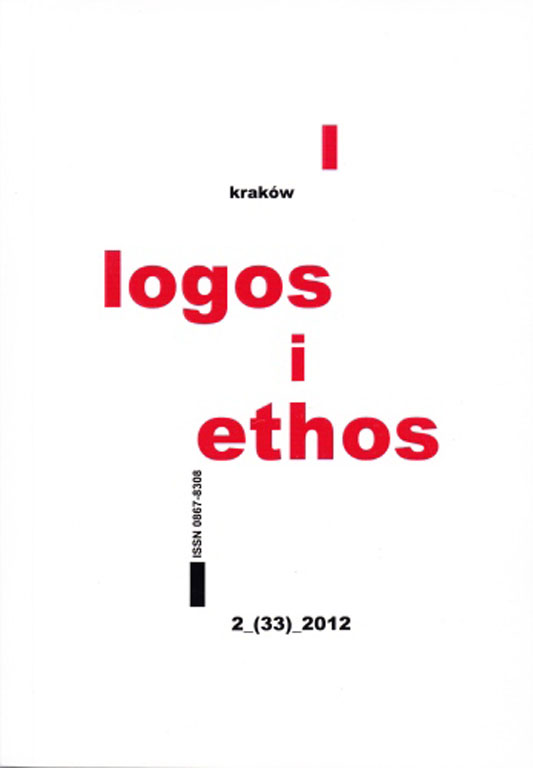Tożsamość religijna Czesława Miłosza i jego gnostyckie inspiracje
DOI:
https://doi.org/10.15633/lie.186Abstrakt
The writings of Czesław Miłosz, who was influenced by Gnosis, concern universal questions regarding the experience of human existence in the world, and verify modern view of reality and the matter of human religiosity.
The article is focused on the influence of Manichaeism and Gnosticism on Miłosz’s works. Each part of it – there are eight of them – concerns a different aspect of the poet’s religious reflection.
Miłosz’s religious inspirations, his conception of God and the Devil, the poet’s theosophical reflection, the problem of erosion of religious imagination, the experience of Determinism in the world, and the idea of resurrection of all beings are all presented in the article. The two last parts concentrate on the matter of religious identity of Miłosz himself, trying to determine whether he was a Catholic or not.
In the article’s conclusion, the writings of Miłosz are presented as an integral religious and metaphysical project. The writer himself is presented as a Christian seeking for the truth about reality.
Pobrania
Opublikowane
Numer
Dział
Licencja
Prawa autorskie (c) 2012 Krzysztof Kunisz

Utwór dostępny jest na licencji Creative Commons Uznanie autorstwa 4.0 Międzynarodowe.
Autorzy publikujący w czasopiśmie udzielają jego wydawcy zgody o następującej treści:
- Autor zachowuje autorskie prawa majątkowe do utworu, a jednocześnie udziela wydawcy czasopisma zgody na jego pierwszą publikację w wersji drukowanej i wersji online na licencji Creative Commons Uznanie autorstwa 4.0 Międzynarodowe oraz zgody na wykonywanie opracowań, w tym przekładów.
- Autor ma możliwość udzielania zgody niewyłącznej na opublikowanie utworu w wersji, która ukazała się w czasopiśmie (np. zamieszczenia go w repozytorium instytucjonalnym lub opublikowania w książce), wraz z informacją o jego pierwszej publikacji w czasopiśmie.
- Autor może umieścić swój utwór online (np. w repozytorium instytucjonalnym lub na swojej stronie internetowej) jeszcze przed zgłoszeniem utworu do czasopisma.

